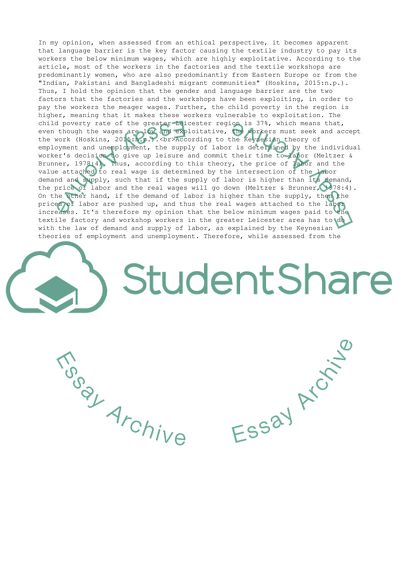Cite this document
(Business Ethics And Social Responsibility Essay - 2, n.d.)
Business Ethics And Social Responsibility Essay - 2. https://studentshare.org/business/1865603-business-ethics-and-social-responsibility
Business Ethics And Social Responsibility Essay - 2. https://studentshare.org/business/1865603-business-ethics-and-social-responsibility
(Business Ethics And Social Responsibility Essay - 2)
Business Ethics And Social Responsibility Essay - 2. https://studentshare.org/business/1865603-business-ethics-and-social-responsibility.
Business Ethics And Social Responsibility Essay - 2. https://studentshare.org/business/1865603-business-ethics-and-social-responsibility.
“Business Ethics And Social Responsibility Essay - 2”. https://studentshare.org/business/1865603-business-ethics-and-social-responsibility.


